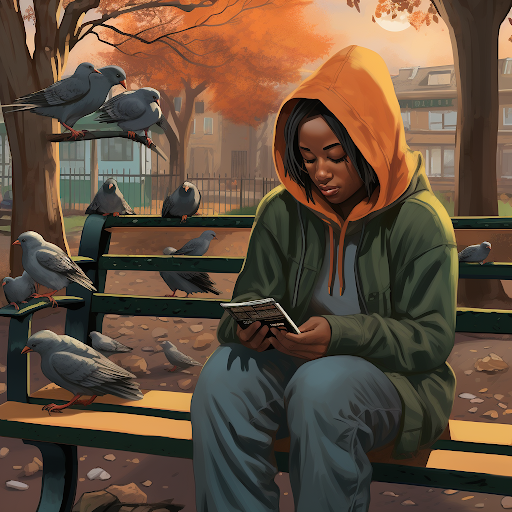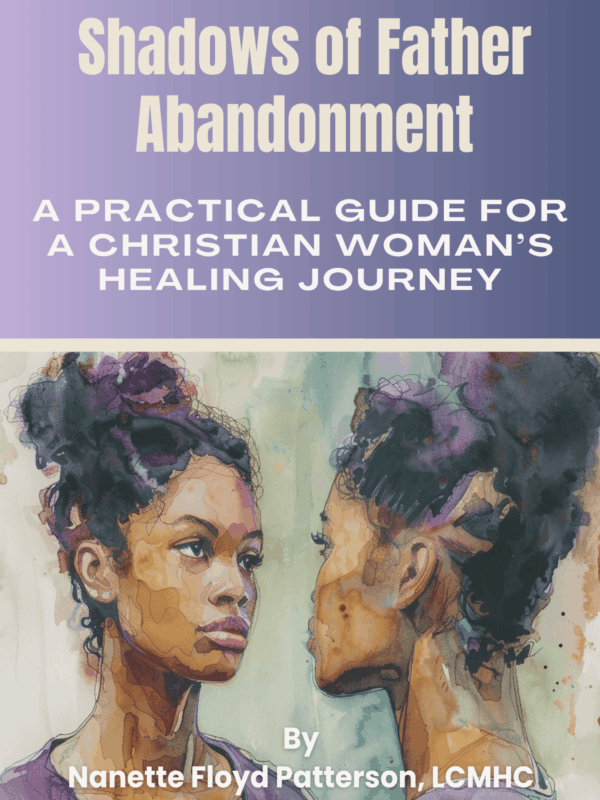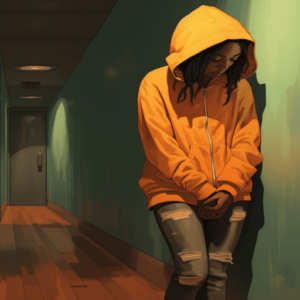
Hey there! Today, we’re tackling a biggie in our “7 Shadows of Loneliness” series – how societal and environmental issues are making us feel more alone than ever. And guess what? It’s not just in our heads. A recent study in “Nature Human Behaviour“. revealed that loneliness is skyrocketing in the U.S., with nearly half of adults feeling lonely in the past year. And it’s not just about feeling blue – loneliness is linked to serious health risks like heart disease and even early death.
To name a few societal and environmental factors in contributing to social isolation and loneliness, we have:
- Dealing with Epidemics/Pandemics: When health scares like pandemics hit, it’s like everyone goes into their shells. It’s tough to feel connected when we’re all trying to stay safe. Remember COVID.
- Rising Violence: With more violence around, it’s natural to feel uneasy. It makes us think twice about going out and mingling, you know?
- Rural Areas: Living out in rural areas can be peaceful, but it can also mean fewer neighbors and less chit-chat over the fence.
- Money and Education Worries: When you’re stressed about finances or feel like you’re not on the same page education-wise, it can be a barrier to joining in and feeling part of the group.
- Feeling Misunderstood: It’s super lonely when it feels like no one really ‘gets’ you.
- Dealing with Injustice: When there’s a lot of unfairness and inequality going around, whether it’s in our community or the wider world, it can really weigh on us. It makes us feel disconnected, not just from others, but sometimes from society itself. It’s like you’re carrying this heavy feeling that’s hard to shake off when you’re trying to connect with others.
- Home Life: Your living situation – like who you live with or if you live alone – can have a big impact on your social life.
- Your Social Circle: The size and vibe of your social network – like if your friends are always busy or far away – can make a huge difference.
- Clean Air: This might sound odd, but even things like having clean air to breathe can affect how much we socialize. If the environment’s not great, we’re less likely to go out and meet people.
I’m sure you can add to this list.
Why Are We Feeling So Lonely?
Remember the good old days when neighborhoods felt like big families? People used to be all about community – hanging out with family, friends, and neighbors. But now, it’s like we’re all living in our own little worlds, barely seeing anyone outside our immediate circle.
Let’s unpack this loneliness epidemic a little more…
The Decline of Community Engagement:
One of the most significant changes we’ve witnessed is the decline in community engagement. Traditionally, churches, community centers, and social clubs played a pivotal role in our lives. They were not just places of worship or leisure but vital spaces where we formed lasting bonds, shared our joys and struggles, and found a sense of belonging. In recent years, however, there’s been a noticeable drop in participation in these vital institutions. This decline has left a void in our communal fabric, making it harder for individuals to find and maintain meaningful social connections.
The Impact of Modern Lifestyle:
Our modern lifestyle also contributes to this growing sense of isolation. With the rise of technology, social media, and the internet, while we’re more connected than ever in a digital sense, our real-life, face-to-face interactions have diminished. We’re in a strange situation these days – it’s easier to have a conversation with someone halfway around the world than to strike up a chat with the person living next door. This change has made a lot of our relationships feel kind of surface-level, as those deep and meaningful connections often take a backseat to quick, online chats.
The COVID Pandemic:
Then there’s the COVID-19 pandemic. I would have never thought I would experience something like COVID in my lifetime. Talk about a loneliness booster! With all the social distancing and lockdowns, many of us ended up feeling more isolated than ever.
The COVID-19 pandemic has undoubtedly exacerbated this loneliness epidemic. Social distancing, while necessary for our physical health, has taken a toll on our mental and emotional well-being. The closure of churches and community centers, the cancellation of social gatherings, and the general atmosphere of fear and uncertainty have further isolated many of us. For Christians, the inability to gather for worship and fellowship has been particularly challenging, disrupting our spiritual routines and communal support systems.
The Role of Societal Pressures:
Societal pressures and the fast-paced nature of modern life also play a role. Many of us are juggling demanding careers, family responsibilities, and personal challenges, leaving little time for community involvement or spiritual nourishment. This constant busyness can lead to a sense of disconnection, not just from others, but also from our own spiritual needs and well-being.
So, What Can We Do About It?
- Get Involved Locally: There’s a ton of power in community action. Whether it’s environmental issues or just getting to know your neighbors, getting involved can help break down those walls of loneliness. Choose an injustice and get involved. Allow God to use your spiritual gifts in those areas too.
- Rediscover Community Spaces: Let’s bring back the glory days of community centers and social clubs. These places are goldmines for making connections.
- Digital Detox: Sure, technology’s great, but sometimes, we need to unplug and have some real face-to-face time.
- Support Systems: Whether it’s a church group, a book club, or a sports team, find your tribe and stick with them.
- Mindful Connections: Make an effort to really connect with people. Sometimes, it’s about quality, not quantity.
- Seek out other resources with an agenda to stomp out “loneliness”:
- Churches Care
- Christians Together Against Loneliness (CTAL) is a coalition of Christian organizations active in alleviating loneliness in society.
- Christian Counseling Directory
Loneliness might be on the rise, but it’s not unbeatable. By understanding the societal and environmental factors at play and taking proactive steps, we can create a more connected and supportive world. Let’s not forget – we’re all in this together!
If you’re a Christian coach and you want to add a Christ-centered tools to your toolbox, consider my From Loneliness to Everlasting Companionship Christian Coach Toolkit.
Not sure which of the 7 Shadows your loneliness stems from, take the 7 Shadows of Lonelines Assessment.






